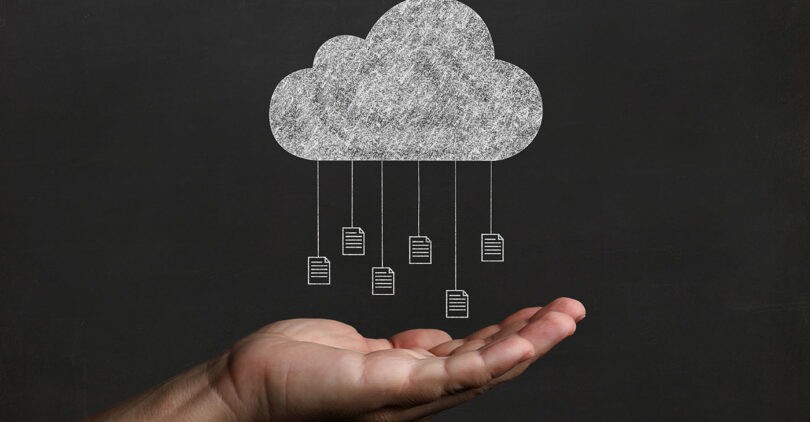By Jose Marquez
National President
and CEO of TechLatino
With protests having erupted in cities across the country over police violence targeting Black men and women, the civil rights and social justice movements have shot to forefront of U.S. politics in a way not seen since the 1960s.
While much of the conversation rightly has centered on police brutality and the role law enforcement plays in American society, communities of color also are discriminated against in numerous other ways. Many Black Americans, Latinos and other people of color are given substandard educational opportunities, lack avenues to workforce training and advancement and, arguably most important in today’s tech-driven world, face a dearth of access to reliable, affordable broadband internet.
Congress made a good first step in ameliorating this dire situation when it passed President Biden’s infrastructure bill, but the $65 billion allocation in broadband for all is hardly enough to close the digital divide.
The gap in digital access is particularly wide in communities of color, where one in three families with children lack a high-speed internet connection at home — a rate of disconnection more than 50 percent higher than that of white families. The problem is exacerbated in areas across the South from Atlanta to Houston where 35 percent of Black adults lack any access to broadband at home.

Lawmakers need to make sure that they include a broadband policy that guarantees no American is stranded on the wrong side of the digital divide. The private sector is already doing this with a little-known but ambitious effort like the Southern Communities Initiative. It is seeking to address the socio-economic challenges that African Americans face throughout the region. And among the goals of this partnership is to expand broadband access across six metro areas throughout the South: Atlanta, Birmingham, Charlotte, Houston, Memphis, and New Orleans. The effort has the backing of some of the most powerful individuals in corporate America, including PayPal CEO Dan Schulman, Vista CEO Robert F. Smith and BCG CEO Rich Lesser.
We are not too late to bridge the digital divide, and the Southern Communities Initiative will almost certainly play an important role in helping accomplish that in communities like my hometown of Atlanta. But this important work cannot be left to private individuals and organizations alone. Lawmakers must do their part to ensure that high-speed internet is available and affordable to every American, no matter where in the country they live.
While policymakers in Washington have focused on getting broadband access to rural areas, we must also make sure that urban areas are not overlooked. Census data has shown that while there are approximately 5 million rural households without broadband access, this problem is three times as large in urban areas—with around 15 million urban or metro households without broadband.
Affordable and ubiquitous access to high-speed internet, however, is just the starting point. We also must expand access to the hardware and software people need to take full advantage of all the internet has to offer and maintain an ecosystem of digital educators, repair workers, designers and other tech specialists who can keep improvements going long into the future.
NDG 11/24: Eddie Bernice Johnson announces retirement from U.S. House of Representatives
Guaranteeing that all Americans have broadband access would not only help close the digital divide but would also give the United States an edge in global competitiveness as it would bring millions of people more fully into the digital economy. One study from last year found that only about 30 percent of African Americans had access to broadband compared with about 60 percent of whites.
There is a broad consensus from civil rights leaders to corporate heads to policymakers inside the Washington Beltway that broadband access is a right of every American. Lawmakers must take note and ensure that all Americans have the ability to log on.
Jose Marquez is the national President and CEO of TechLatino: Latinos in Information Sciences and Technology Association (LISTA).




